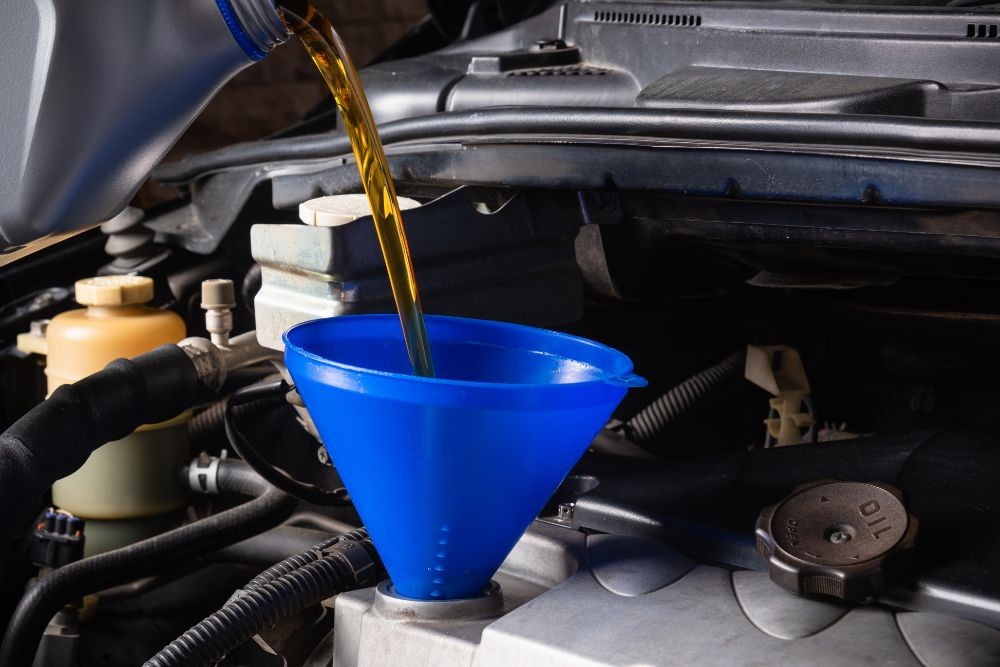Routine oil changes are critical for maintaining optimal engine performance and prolonging the lifespan of your vehicle. The effects of improper oil disposal on the ecosystem cannot be overstated. Used motor oil serves as a significant contaminant, yet it also represents a resource that can be efficiently repurposed. Understanding the importance of proper oil disposal is essential for minimizing environmental harm and fostering a sustainable planet. The automotive repair service offers dependable oil change procedures while adhering to protocols for the responsible disposal of used motor oil, thereby promoting both vehicle upkeep and ecological stewardship.
The Dangers Associated with Improper Waste Disposal
Proper disposal of used motor oil is essential for safeguarding environmental integrity and public health. When used oil is improperly disposed of in the ground, rivers, or landfills, it has the potential to infiltrate the soil and adversely affect groundwater resources. Ultimately, this has the potential to adversely affect aquatic ecosystems and compromise the quality of potable water in adjacent communities. Careful management of oil changes is essential, as even small quantities of used oil can lead to considerable environmental damage. For that the auto repair shop in Moore, SC is the best place.
Identifying the Components in Recycled Oil
Used motor oil is not merely oil that has deteriorated; it also contains potentially hazardous additives and contaminants. These are composed of hydrocarbons, heavy metals, and various detrimental compounds. Petroleum products decompose into intricate chemical compounds that can persist in the environment for extended periods. The practice of reusing spent oil mitigates the waste of valuable resources and facilitates the safe management of hazardous materials.
The Importance of Reutilizing Used Oil
The practice of reusing old oil presents benefits for both economic stability and environmental sustainability. The process of extracting base oil facilitates refinement and subsequent reuse, thereby establishing a closed-loop system that reduces the necessity for new oil extraction. The Environmental Protection Agency (EPA) asserts that a household can be sustained for more than twenty-four hours using merely one gallon of recycled oil. The recycling of spent oil into fuel oils, lubricants, and other valuable products highlights the importance of proper disposal methods.
Methods for Proper Management of Used Oil
The proper disposal of used oil necessitates a series of systematic processes. Initially, it is imperative that used oil is collected in a sanitary, leak-resistant container. It is advisable to refrain from mixing it with other liquids, including gasoline or antifreeze, as this could hinder the oil’s recyclability. Subsequently, investigate the availability of local recycling centers or automotive dealerships that accept used motor oil.
Final Analysis
Frequent oil changes are essential for optimal car maintenance, as is the proper disposal of used oil. Enhancing environmental quality necessitates an understanding of the repercussions associated with improper disposal, recognizing the benefits of recycling, and implementing proactive strategies for the safe disposal of used oil.


